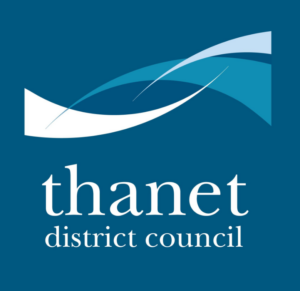- 01843 834160
- [email protected]
- Mon - Fri: 9:00 - 17:00
Young people warned against becoming ‘money mules’

Young people are being warned to resist temptation and avoid becoming illegal ‘money mules’ if offered large amounts of cash from strangers.
Officers from the Kent and Essex Serious Crime Directorate are keen to ensure people do not unwittingly become complicit in money-laundering offences by accepting criminal funds in exchange for a cut of the proceeds.
A social media campaign was launched on Monday 18 September 2017 to raise awareness of the issues and to inform young people in particular that if they receive an offer that is too good to be true, then it most probably is.
Detective Sergeant Jon Saxby of the Serious Economic Crime Unit said:
‘Money laundering is the process by which offenders disguise the profits they have made through crimes such as fraud, modern slavery or drug dealing.
‘Nationally there has been an emerging trend where such criminals persuade vulnerable people or students to allow them to use their bank accounts, sometimes in exchange for a percentage of the cash sent to them.
‘Whether the account owner benefits from the transaction or not, by making their account available they have become criminally involved in the money-laundering process.’
The Home Office says that serious and organised crime costs the United Kingdom at least £24 billion every year.
According to the fraud prevention service Cifas, 54 per cent of all ‘misuse of facility’ frauds nationally are committed by people aged 30 or under. A study published by the organisation in December 2016 showed that people from that age group committed 39,362 such offences in the first nine months of the year.
Money-launderers usually use one of two methods when targeting young people – either gaining direct access to their bank accounts or persuading them to transfer the money into a separate account.
DS Saxby said:
‘People who allow criminals to access their accounts risk being arrested themselves for money-laundering, which carries a maximum sentence of 14 years in prison.
‘Most law-abiding residents would never even consider being involved in slavery, drug-dealing or human trafficking, but if they are helping to launder the money of the criminals who are then they are not free from responsibility. Ignorance is not an excuse.
‘We have raised this issue with schools, colleges and universities to ensure students are warned of the risks surrounding the criminal use of their bank accounts in order to give students the knowledge to make the right decision if approached.
‘Anyone who does receive an offer that is too good to be true should speak to their parents, a teacher or contact Kent Police by calling 101. They can also call Kent Crimestoppers anonymously on 0800 555111.’














